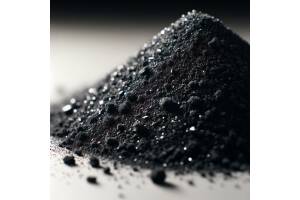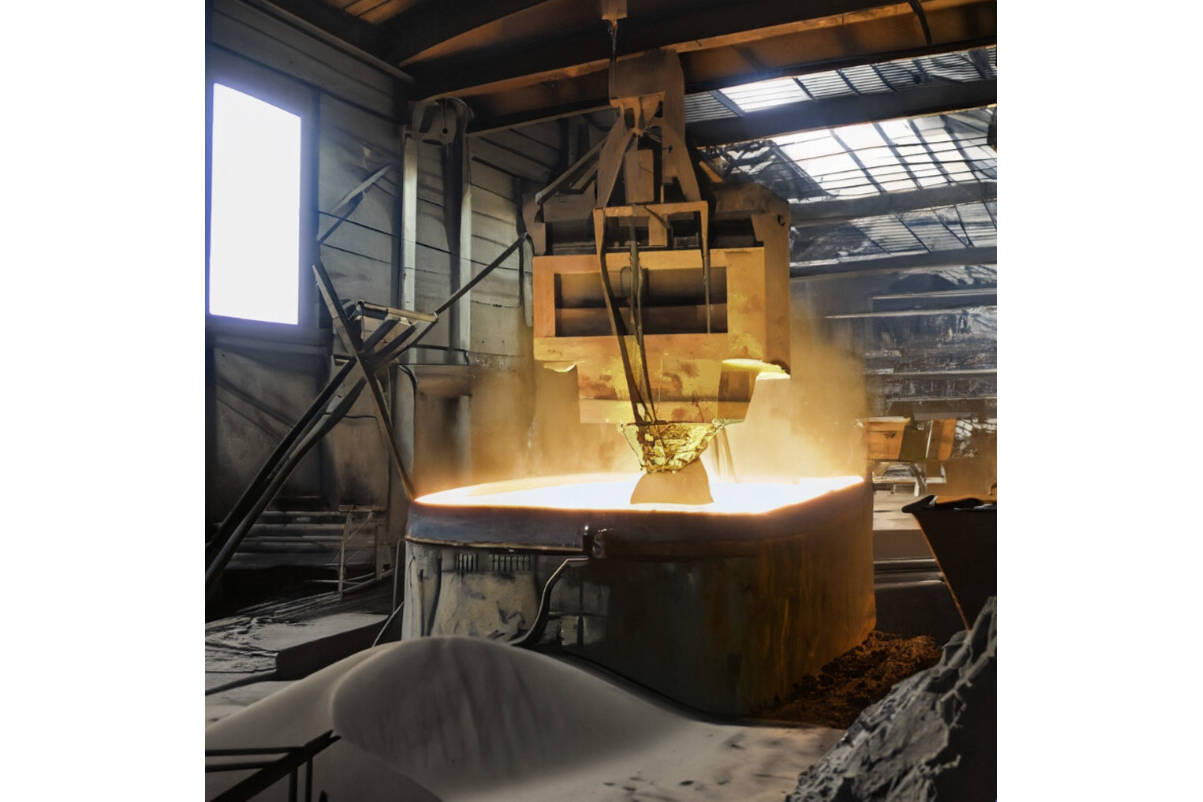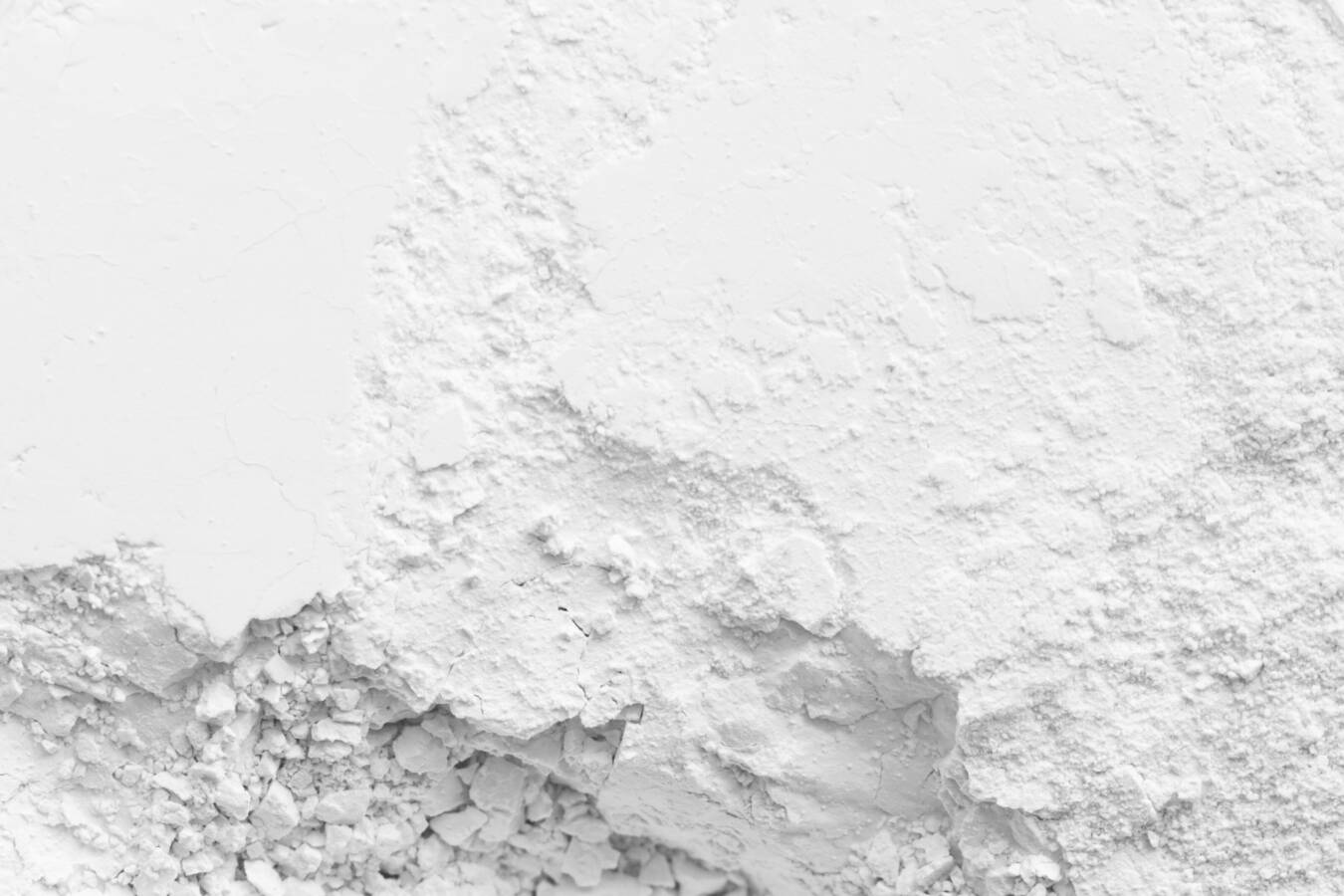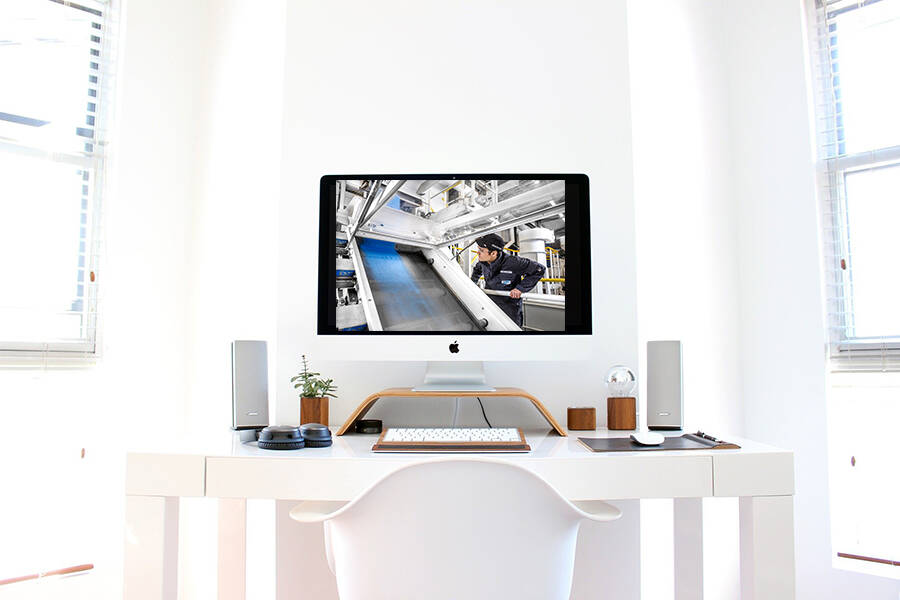Screening machines for separating glass fiber-reinforced polyamide
Learn how RHEWUM’s screening technology optimizes the separation of glass fiber reinforced polyamide beads to increase quality and efficiency in material processing.
Introduction
The industry is continuously faced with the challenge of processing materials not only efficiently and economically, but also meeting the quality requirements of end products. A special focus is on the processing and separation of plastics, especially glass fiber-reinforced polyamide spheres (PA GF). These specialty plastics, enriched with glass fiber, offer improved mechanical properties and are therefore in high demand in many technical applications. Efficient sieving of these materials is crucial for the purity of the end product and thus for the quality. In this context, RHEWUM sieving machines play a central role.
Technological progress in sieving technology
RHEWUM’s sieving technology is based on long experience and continuous development to meet the specific requirements of different materials. Particularly in the separation of glass fiber-reinforced polyamide spheres, it is essential to achieve precise separation to secure the desired material qualities. RHEWUM offers specialized sieving machines with innovative screening technologies that ensure a high degree of separation precision.
The challenge of sieving glass fiber-reinforced polyamide spheres
Due to its complex properties and its tendency to form agglomerates, glass fiber-reinforced polyamide presents a challenge in sieving. The precise separation of these materials requires a sieving machine that combines a high vibration frequency with an exact separation technique to achieve the perfect separation of the spheres without damaging the material. The avoidance of cross-contamination is also an important aspect, which is achieved through a sophisticated guidance of the sieve goods.
The solution: Sophisticated sieving machines by RHEWUM
RHEWUM provides various models of sieving machines specifically designed for the separation of glass fiber-reinforced polyamide spheres. These machines are characterized by their ability to maintain a consistently high sieving quality even during long operating times. This includes solutions for dry sieving as well as for wet sieving, depending on the specific application requirements. Innovative drive technologies and a tailored screen design according to the properties of the sieve goods guarantee optimal separation performance without compromise.
Applications and benefits
RHEWUM’s advanced sieving machines find application in various industrial sectors, from the automotive industry to aerospace and electronics. Where precise separation and high quality standards are required, RHEWUM sieving machines offer decisive advantages. In addition to high separation precision and the prevention of material damages, the machines contribute to an increase in production efficiency by accelerating sieving processes and minimizing downtime.
Summary
RHEWUM sieving machines offer a specialized solution for the challenge of efficiently and precisely separating glass fiber-reinforced polyamide spheres. With advanced technology, a deep understanding of material requirements, and continuous innovation power, RHEWUM stands ready as a partner for industries that do not want to compromise in the processing and separation of plastics. Investing in a RHEWUM sieving machine means securing high product quality and efficient process design.




